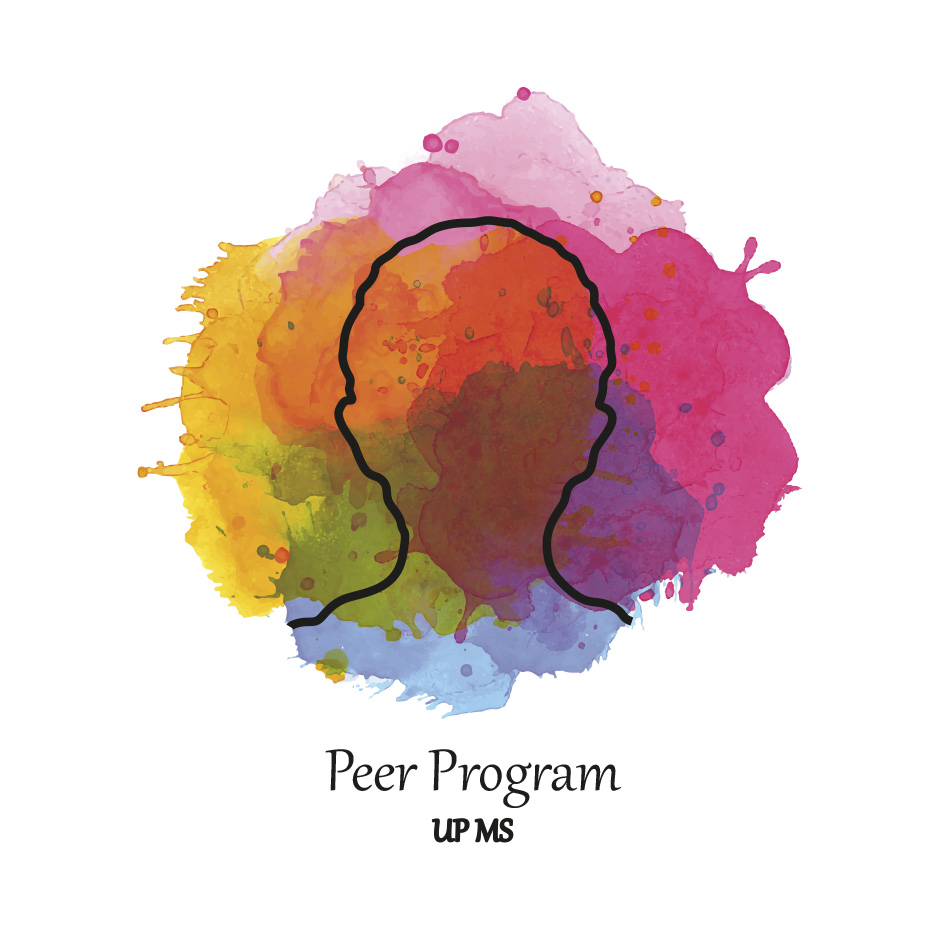Do I need coaching?

When I was writing my thesis on life coaching back in 2009, it was far less such a hot topic as it is today. Therefore, I started to approach it form the very beginning, the ancient Greeks. One thing that surprised me was that the word itself: “coach” was first used in education and not in sports as one would expect. In England they used to call those teachers “coaches” who provided their students more than mere information and knowledge on a subject, those that also helped their students with advice and their own experience. Later, the term entered the field of sport where the role of the coach was to help athletes enhance their performance, to find ways to motivate individuals, and to facilitate them toward reaching their maximum potential. (Heidrich, 2007.) It was a book by Tim Gallway entitled “The Inner Game of Tennis” that changes previously existing ways of thinking about prerequisites of performance resulting in a focus on mental conditions besides physical conditions. In his book, Gallway discusses how the role of coaches should be changed so that they could focus on the mental and physical preparation of sportsmen at the same time. It was him who outlined the theory according to which, although outstanding physical performance is inevitable for victory, it is way not enough, as athletes do also have to cope with their mental obstacles, inner fears, frustrations and insecurities. (If we come to think of it …whatever success means for anyone of us…we all need to fight the same things…) The above book proved to be such a breakthrough that the theory it outlined also penetrated the business world, and consequently, ’coaching’ came to be offered by larger companies, first, to those in executive positions and later, to a wider circle of employees as well.
Coaching is a method tailored to the individual that aims to help “unlock their potential in order to maximize their own performance”[1]. (Whitmore, 2017. p. 24.) It is achieved by identifying the client’s own strengths which they rely on to cope with and adapt to change and challenges. (The previous two years of the Covid epidemic clearly demonstrated how important flexibility and resilience are in coping with sudden change and challenges of life.) Coaching focuses on the present, not problems of the past; it aims to build a positive picture of the future and helps the client find inner resources and ways to reach these future goals. Coach and client work together to achieve these goals but it is always the client who sets the directions, it is them who decide which area they should work on, which topics should be prioritized.
The prior role of the coach is to facilitate the coachee’s inner processes and thinking with questions, various tasks and their views and perceptions, which they subsequently convert into concrete action collaboratively.
How is coaching different from all other mentoring and related disciplines? When is coaching needed? What are its boundaries? To answer these questions let me present you my favourite figure below:

Source: https://www.businessofsuccess.co.uk/blog/2017/4/24/coaching-and-other-disciplines
The diagram shows various disciplines based on:
- to what extent coaches should rely on extrinsic (external ) (eg. through giving orders or allocating tasks in the world of management or by sharing experience eg. through mentoring or by providing prepared material during a training), or intrinsic (internal) resources (eg. during therapy or meditation sessions)
- to what extent the focus is on enhancing already existing performance or rather individual skills and abilities i.e. the facilitation of inner potential.
- and finally, what is the main focus of this collaboration between coach and coachee: should I, the coaching expert, provide guidance and support through expertise and my own experience and direct my client towards finding the best solution, the best direction or should I rather facilitate them toward finding ways to identify and formulate solutions themselves, thereby, giving more space for self-discovery.
According to the above figure, the coaching process is somewhere in the middle, which, in my opinion, is beneficial as this position provides sufficient ’playroom’, which is important, as during coaching we largely rely on the coachee’s own ideas and perceptions, their strengths, resources, and focus on exploring their inner potential to the full, and increase their self-awareness by assigning targeted tasks. Prior to sessions, coaches prepare by designing potential tasks based on their own knowledge and experience, so that these tasks would best contribute toward empowering clients to achieve their goals. (We need to be resilient too, in that the decision is always in the hands of the client bringing the issue or topic, and if they want to focus on something very different we need to be ready to change our plans. )
What are the issues coaching can help solving?
Before answering this question let me clarify one more thing in connection with coaching: from among individual processes the literature distinguishes so-called ’’business” and ’’life coaching. It is important to know that while business coaching focuses more on enhancing work performance this is considerably influenced by our private life and vice versa. Certain issues tend to come up more commonly in the work context eg. situational leadership, challenges of delegating, motivation, enhancing potential etc., while there are areas that typically belong to life coaching: eg.: relationship issues, development of self-awareness. There are of course, several issues and topics that may impact upon both areas of life and are strongly intertwined : eg. communication problems, conflict management, time management and life-work balance.
When do I need coaching?
If you feel:
- you got stuck in a situation and you don’t know how to go on,
- you would like to see your future more clearly but you don’t know where to start,
- you don’t have time for anything, you feel overwhelmed by tasks and you don’t have time for yourself,
- you would like to change a certain behavioural pattern of yours which hinders you in certain situations,
- you are not where you should be but you don’t know what would be a suitable work or job for you (or major),
- you get into conflict too often and you would like to know why and/or change this pattern,
- you would need an outside perspective who could help you find a different approach to your problem/challenge.
Beside the above there may be numerous other areas and situations in which coaching could be a very effective collaborative experience.
If the above has raised your interest or has made you think you can find me for an initial session where we could get to know each other and you could ask all your questions about the coaching process
Krisztina Keresnyei PhD
Certified business and team coach
https://yourlife.aok.pte.hu/st...
Sources:
Éva Heidrich : A vezető magányossága, avagy a coaching, mint személyre szabott vezetőfejlesztési módszer vezetéselméleti megközelítésben = Vezetéstudomány 38. évf. 2007. 3. sz.
Whitmore, John (2017): Coaching for performance. Nicholas Brealey Publishing. London. ISBN 978-1-85788-409-8 246 p.
[1] „Coaching is unlocking people’s potential to maximize their own performance.”


